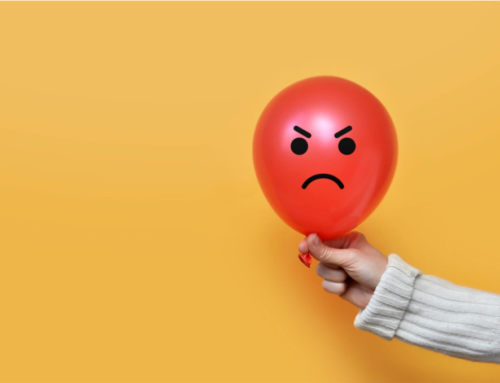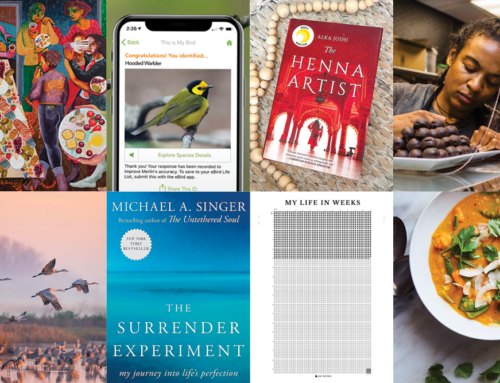Be Free Where You Are is a pocket sized gem of a book that a friend gave me as a stocking stuffer in my 20s. I find myself pulling it from the bookshelf to reread its profound pages from time to time. It’s a good one to have around during times of struggle, when your heart needs softening and when you need to s l o w d o w n and be reminded of the most fundamental ways to go back to being in the present moment.
The book is a talk given by Thich Nhat Hanh to prisoners at the Maryland Correctional Institute in Hagerstown in 1999. The content of the book is summed up by these words “freedom is not given to us by anyone, we have to cultivate it ourselves”. The talk is focused on teaching prisoners how they can be free each moment, even while incarcerated, through present moment awareness while walking, sitting, breathing and eating; a refreshing reminder to simply go back to the basics. Even if we are not physically incarcerated, anyone with a brain has the capacity to be imprisoned by it, which is why this book is applicable to every single human being.
Thich Nhat Hanh has such a sweet way of explaining mindfulness, that it can’t help but shift your perspective. I would be surprised if you didn’t find yourself smiling or laughing out loud at certain points. Which brings me to the best parts of the book ( in my opinion!) where Thich talks about the practice of smiling, which he calls “mouth yoga”. He suggests that even if you are feeling no sense of joy, if you smile, it will dissipate tension and cultivate self compassion
( all of which may bring you some joy and perhaps make you smile for real ). You don’t have to smile for anyone else, or put on a facade, just see what it feels like to smile for yourself, at yourself. It really does seem to invite in some levity and tenderness.
It’s worth a read. Keep it on your bookshelf when you need a reminder to bring things back to simplicity, or pass it along to someone who you know could use it.





